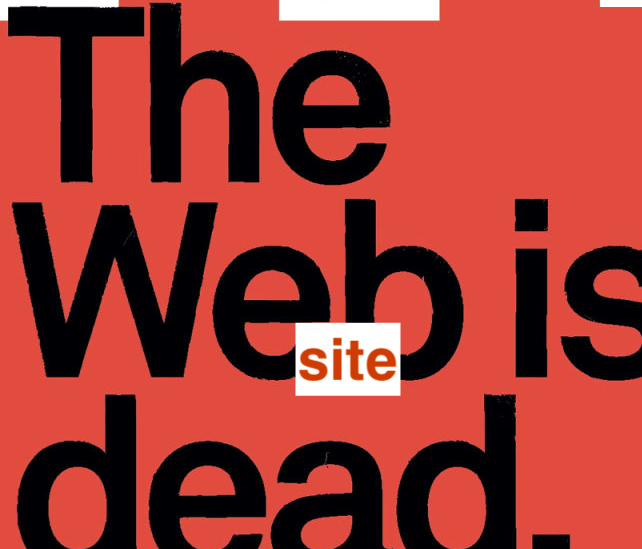 The last few years, the environmental crisis has rapidly accelerated into a worldwide existential threat, devastating civilisation and ecosystems on a daily basis now. 2020, the coronavirus pandemic aside (pardon) mass floods, massive wild-fires, typhoons, cyclones, droughts and melting ice has dislocated nearly 6.1 million people in just one year - 40% of those are children. Wrecked habitats, burned forests, devastated communities, millions of acres of inundated farmlands and the livelihood of millions washed away overnight, by the various forces of nature. Dominant culture continues to deny the possibility of near-term societal collapse and human extinction - in other words, it continues to assume that capitalism, production, economy, progress and a heat-based-civilisation will 'somehow' continue. Propaganda of green-technology and sustainable development is riddled with problems, dodgy-promises, hoodwink mantras and conflicting agendas. Consequently new grassroots environmental activism is gaining strength, resilience and increasing participation, given years of persistent advocacy and action. Deep Green Resistance (DGR) is a potent example of radical environmentalism and an organisation fostering the generation of new ideas. DGR manifests via various strategies and actions, yet the motto is simple and strong -"Stopping the murder of the planet. Our allegiance is to the land". We spoke to Max Wilbert recently about the mission of DGR, about the pitfalls of mainstream environmentalism and his evolution as an climate activist. His narrative also focusses on the importance of 'land based people' and a 'balanced relationship' with the planet, which has been largely ignored and squashed by the dominant culture.
The last few years, the environmental crisis has rapidly accelerated into a worldwide existential threat, devastating civilisation and ecosystems on a daily basis now. 2020, the coronavirus pandemic aside (pardon) mass floods, massive wild-fires, typhoons, cyclones, droughts and melting ice has dislocated nearly 6.1 million people in just one year - 40% of those are children. Wrecked habitats, burned forests, devastated communities, millions of acres of inundated farmlands and the livelihood of millions washed away overnight, by the various forces of nature. Dominant culture continues to deny the possibility of near-term societal collapse and human extinction - in other words, it continues to assume that capitalism, production, economy, progress and a heat-based-civilisation will 'somehow' continue. Propaganda of green-technology and sustainable development is riddled with problems, dodgy-promises, hoodwink mantras and conflicting agendas. Consequently new grassroots environmental activism is gaining strength, resilience and increasing participation, given years of persistent advocacy and action. Deep Green Resistance (DGR) is a potent example of radical environmentalism and an organisation fostering the generation of new ideas. DGR manifests via various strategies and actions, yet the motto is simple and strong -"Stopping the murder of the planet. Our allegiance is to the land". We spoke to Max Wilbert recently about the mission of DGR, about the pitfalls of mainstream environmentalism and his evolution as an climate activist. His narrative also focusses on the importance of 'land based people' and a 'balanced relationship' with the planet, which has been largely ignored and squashed by the dominant culture.Given that there is no 'universal blueprint for a safer planet' (certainly not the Green New Deal) the initial trajectory and force of environmentalism has been gradually corrupted and swallowed by dominant culture, which remains loyal to industrial civilisation and it's principle tenets - capital, mercantilism, growth and profit. Max Wilbert explains this paradox - "I think about David Brower, one of the original founders of the Sierra Club, The Earth Island Institute... was involved in the heyday of the environmental movement, and when he retired, he said something like - all I have done in my career is slow the rate at which things are getting worse... So he was recognising the failures of his own defensive approach to the environmental movement... And I think thats one of the main issues with the movement - it's inability to be more than defensive in nature. It's inability to turn the tide on species extinction and global warming..." Regardless of the popular mantras trumped up by big environmental organisations and their chosen icons, fact remains that indefinite economic and population growth is not feasible on a finite planet. Mainstream science, economics and academia continues to perpetuate an anthropocentric way of life, abjectly failing to differentiate between 'quality of life' and 'economic growth'. The corona-virus pandemic busted the collective narcissistic spirit of humanity. Our world view was shaken yet for the better we hope! The need to challenge (and hopefully dismantle) dominant economic and industrial systems is at the heart of DGR's manifesto, as seen in the self-titled book Deep Green Resistance, written by Aric McBay, Derrick Jensen and Lierre Keith. The need of today, without doubt is to create effective strategies to address the environmental and social crises. "Hope is futile without resistance..." - Chris Hedges.



























0 -